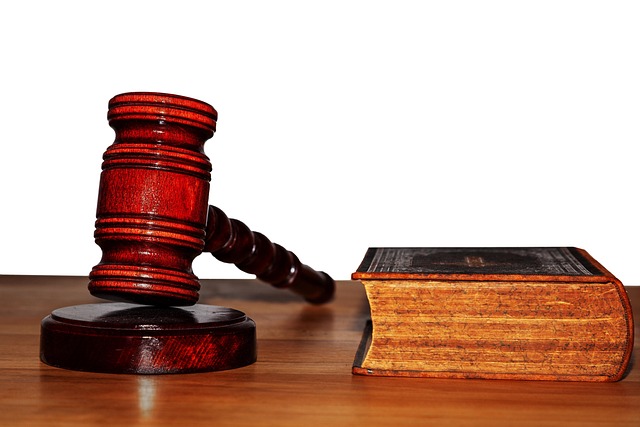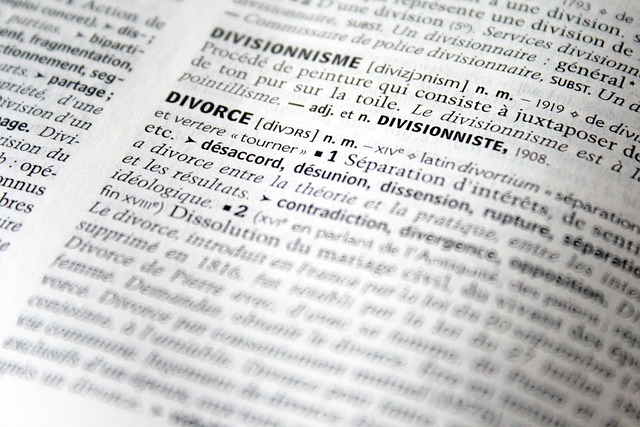Understanding Regulatory Law Litigation Stages is vital for successful whistleblower protection lawsuits. The process involves internal reporting, external disclosures, legal actions against wrongdoers, and strategic navigation through evidence gathering, filing complaints, discovery, motions, and trials. Strategic planning, compelling evidence, and robust legal arguments are key to defeating defensive arguments and securing favorable verdicts, ultimately driving systemic change, policy reforms, and increased accountability.
Whistleblower protection lawsuits play a pivotal role in upholding justice and integrity within organizations. These legal actions, grounded in understanding regulatory law, empower individuals to expose unethical practices without fear of retaliation. This article delves into the crucial aspects of whistleblower protection laws, covering initiation of legal action, court proceedings, key success factors, and the significant impact of winning cases. By exploring these stages, we provide a comprehensive guide for navigating complex litigation and fostering a culture of accountability.
- Defining Whistleblower Protection Laws
- Initiating Legal Action: Steps Involved
- Navigating Court Proceedings for Whistleblowers
- Key Elements for Success in Lawsuits
- Impact and Outcomes of Winning Cases
Defining Whistleblower Protection Laws

Whistleblower Protection Laws are legal frameworks designed to safeguard individuals who expose illegal or unethical activities within their organizations from retaliation. These laws aim to encourage employees to report fraud, corruption, and other wrongdoings without fear of losing their jobs or facing adverse consequences. Understanding these laws is crucial in the context of Regulatory Law Litigation, as they play a pivotal role in various stages of legal proceedings.
The process typically involves several key stages: from initial internal reporting, where whistleblowers flag potential violations, to external disclosures when organizations fail to address the issues. If proper channels are exhausted and retaliation occurs, affected individuals can pursue legal action against both corporate and individual clients involved in white collar and economic crimes. This protective legislation ensures that whistleblowers have a mechanism to avoid indictment and seek justice while upholding the public’s interest in transparency and accountability.
Initiating Legal Action: Steps Involved

When considering whistleblower protection lawsuits, understanding regulatory law litigation stages is key. Initiating legal action involves several crucial steps that must be followed meticulously. First, individuals who have information about illegal activities within an organization need to gather evidence and consult with attorneys specialized in all stages of the investigative and enforcement process. This phase requires strategic planning and a deep understanding of the relevant laws and regulations.
The process begins with filing a complaint or report with the appropriate regulatory agency, followed by a thorough investigation. Attorneys play a vital role in guiding corporate and individual clients through this period, ensuring their rights are protected. Depending on the jurisdiction and nature of the case, legal actions can range from internal investigations to civil lawsuits or even general criminal defense. Each stage demands careful navigation, from initial disclosure to potential negotiations or trials.
Navigating Court Proceedings for Whistleblowers

Navigating court proceedings as a whistleblower can be a complex and daunting task. Understanding regulatory law and the litigation stages is essential for achieving favorable outcomes. Whistleblowers must first identify the appropriate legal avenues, such as federal or state statutes, which protect their rights to expose wrongdoing within organizations. This initial step involves carefully reviewing the specific laws related to their case, including the elements required to prove a violation.
Once the legal framework is understood, whistleblowers can begin the process of filing a lawsuit. This often involves multiple stages: from the initial complaint to discovery, motions, and eventually trial or settlement negotiations. A well-prepared case, backed by strong evidence and legal arguments, significantly increases the chances of winning challenging defense verdicts. Many successful whistleblower protection lawsuits result in complete dismissals of all charges against the individual, highlighting the power of a robust legal strategy. Ultimately, achieving extraordinary results requires perseverance, strategic thinking, and a commitment to upholding justice.
Key Elements for Success in Lawsuits

Winning whistleblower protection lawsuits hinges on a deep understanding of regulatory law and navigating the intricate litigation stages. It’s crucial to demonstrate that the plaintiff, often an individual with valuable insider knowledge, faced retaliation for reporting illegal or unethical activities within their organization. This involves presenting compelling evidence showing a direct causal link between the whistleblowing act and the subsequent adverse employment actions.
By mastering the legal framework and strategic planning throughout each stage of litigation, attorneys can build strong cases. This includes meticulous preparation, gathering of relevant documents, witness interviews, and employing expert witnesses when necessary. Ultimately, these efforts aim to secure favorable verdicts, especially in high-stakes cases where clients rely on legal counsel to protect their rights and ensure justice is served.
Impact and Outcomes of Winning Cases

Winning whistleblower protection lawsuits can have profound impacts, both for individuals who come forward with critical information and for the organizations they expose. These cases serve as a powerful reminder that public interest triumphs over corporate interests when proper legal channels are followed. The outcomes often lead to significant policy changes, enhanced regulatory oversight, and increased accountability in various industries.
Understanding the regulatory law litigation stages is crucial in navigating these high-stakes cases. Through each stage, from initial whistleblowing to judicial resolution, strategic legal arguments can shape public perception and drive systemic change. This process ensures that those who risk their careers to expose wrongdoing are protected, fostering a culture where transparency and ethical conduct become the norm rather than the exception, particularly within general criminal defense strategies.
Whistleblower Protection Laws play a pivotal role in ensuring individuals can safely expose illegal or unethical activities within organizations, fostering transparency and accountability. By understanding these laws, initiating legal action through defined steps, and navigating court proceedings with strategic insight, whistleblowers can secure justice and significant outcomes. Key to success lies in recognizing the essential elements required for robust cases, ultimately impacting positive change by holding entities and individuals accountable under regulatory law.






